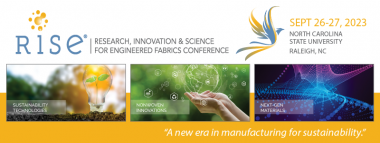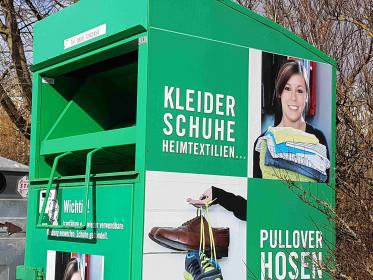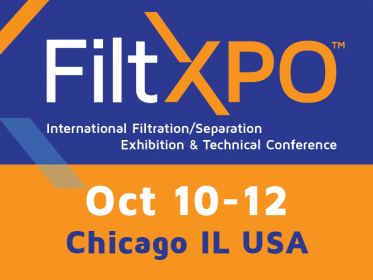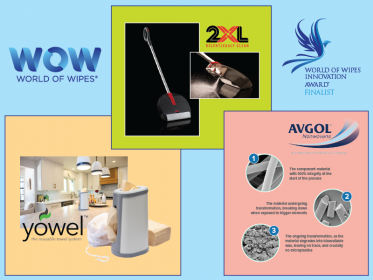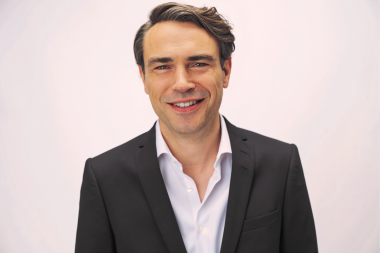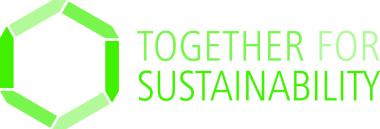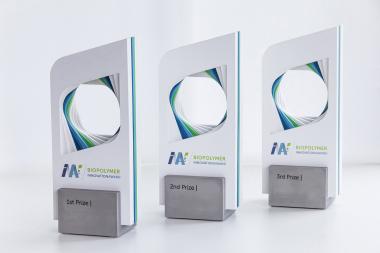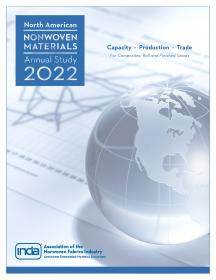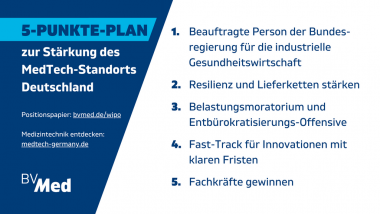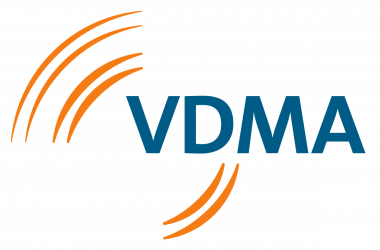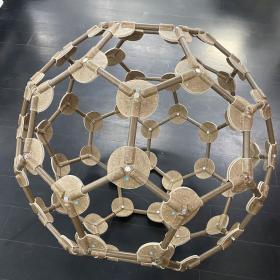Program announced for RISE® 2023
The theme for the 13th edition of RISE® (Research, Innovation & Science for Engineered Fabrics) is “A New Era in Manufacturing for Sustainability.” Technology scouts, product managers, senior scientists, development engineers, and business developers will convene September 26-27 at North Carolina State University and The Nonwovens Institute in Raleigh, NC to discover the latest nonwoven innovations.
The RISE conference program features industry leaders from these companies: American Truetzschler, Berry Global, Dilo Incorporated, Evonik Corporation, Indorama Ventures USA, MANN+HUMMEL, the National Renewable Energy Laboratory, NatureWorks, The Nonwovens Institute, Owens Corning, PCI Wood Mackenzie, PolyQuest, Reifenhäuser REICOFIL GmbH, and Simplifyber. These industry experts will discuss the future of nonwoven manufacturing, advances in filter media, rPolymer developments, and sustainable applications.
Innovations that advance the nonwovens industry will be recognized with the 2023 RISE® Innovation Award. Three finalists will present their innovative products or technologies to RISE participants, Tuesday, September 26th. The 2022 award winner was DiaperRecycle, cat litter made from recycled diapers.
RISE participants have the option of touring The Nonwovens Institute’s $65 million-plus, 60,000 square-foot facilities featuring state-of-the-art equipment, pilot lines, and analytical laboratories, as well as attending an evening reception at the Lonnie Pool Golf Course Clubhouse. During the evening reception, graduate students and faculty from North Carolina State University will feature their research and technical advances with poster presentations. The tour and reception will take place Tuesday, September 26th and the tour is limited to 40 attendees.
INDA


